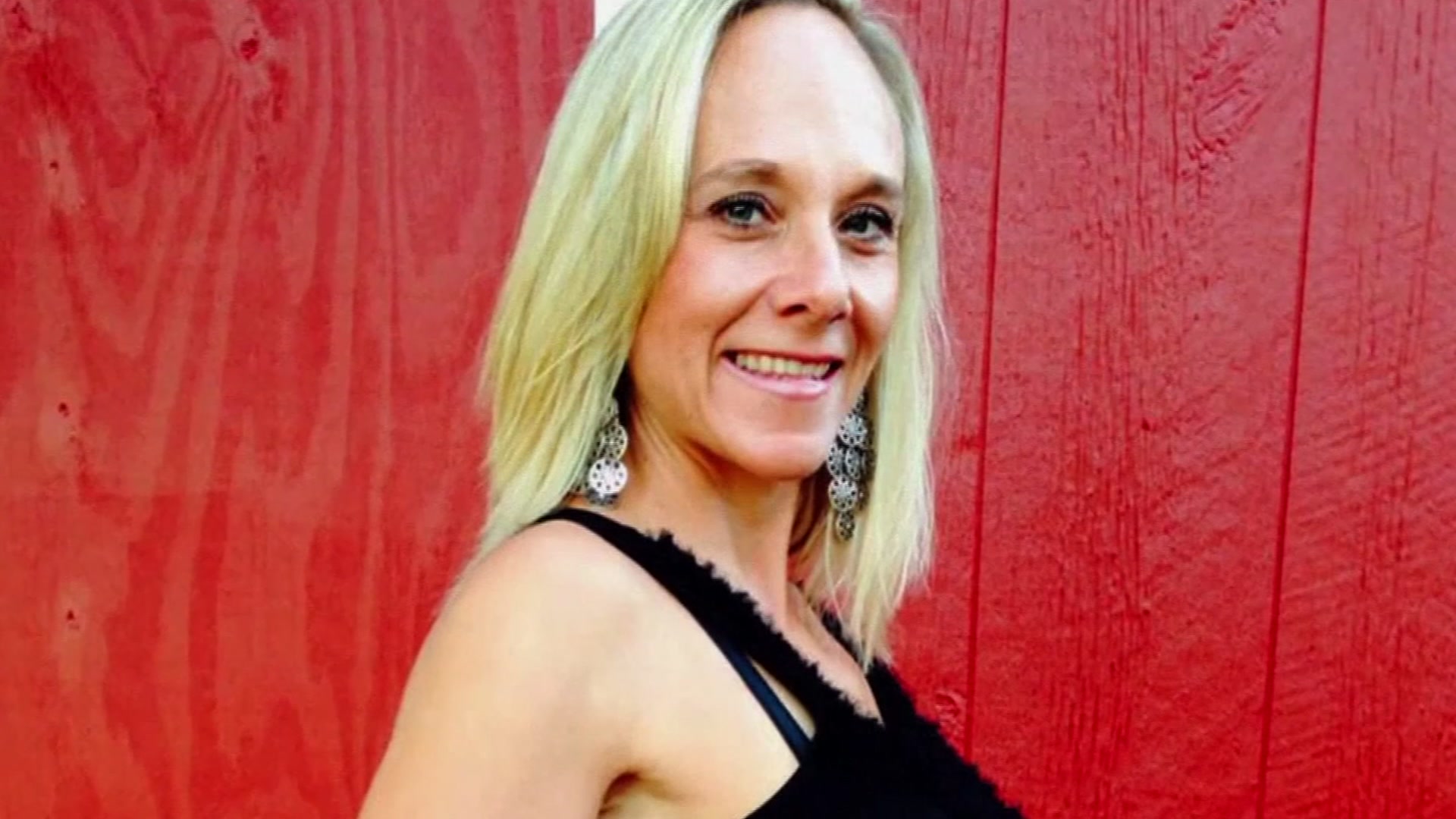There’s a proverbial storm brewing in the tornado shelter industry.
The industry is currently unregulated, yet with North Texas no stranger to tornadoes the industry is booming. That means consumers need to be careful when choosing a shelter and an installer. In this burgeoning market, great care is necessary to protect families in the event of a tornado, and their investment since shelters can cost thousands of dollars.
Fort Worth residents Viola and Troy Franklin learned this lesson the hard way and lost $4,792 in the process.
When tornadoes tore through North Texas in April 2012, Viola cowered in her closet as the sirens blasted.
“It was after that I was like, ‘I need a shelter,’” said Franklin. “I want to be safe.”
So last year the couple decided to by one.
They settled on an $8,500 shelter from North Texas Garage Floor Storm Shelters, who they found online. The company’s website states: “Our storm shelters have quickly become the #1 selling tornado shelters on the market today.”
The company also has a Better Business Bureau seal of accreditation, so the Franklins believed they were in good hands.
Local
The latest news from around North Texas.
In May 2013 the Franklins signed a contract and put down a deposit of $4,792. The first payment would be nonrefundable and installation would begin a month later. But one year later, they’re still waiting.
“I still do not have anything but a drawing in my garage and a bucket,” said Troy Franklin.
The Franklins said the company never delivered. Instead, the company’s owner, Ray Jones, delivered excuses. In text messages he blamed traffic, permitting issues, his father’s health and the weather.
Finally, right before Thanksgiving, Jones told the Franklins he would give them a refund if the work wasn’t done the Tuesday after the holiday.
The work was not complete and the couple didn’t get a refund. So the Franklins turned to the NBC 5 Investigates Consumer Unit.
We called Jones. While his company’s website has the BBB seal of accreditation, the BBB website shows the company is not accredited and has a rating of D+.
“We are not registered with the BBB and that shouldn’t be on my website,” Jones admitted.
Jones told NBC 5 permitting problems and weather were to blame for the year of missed deadlines, but he did offer to refund the Franklins $4,000 of the original $4792.
The Franklins are suing in small claims court because they want a total refund.
While the federal government does not endorse any specific type of shelter, the Federal Emergency Management Agency has set safety standards for them. Experts advise consumers work with shelter companies that meet those standards.
“If you’re going to invest in one of those why wouldn’t you want the peace of mind that it’s been tested and certified and will actually protect your family in the way it’s intended. Otherwise you may not be any better off than you were without it,” said John Waskow, director of regional operations for Architectural Testing.
At their facility in Southlake, engineers with Architectural Testing evaluate shelters and make sure they meet the FEMA criteria by launching two-by-four wooden planks at speeds of 100 mph at various parts of the structure.
The planks simulate debris that can hit a shelter in the event of a tornado. If the shelters can withstand this testing, they pass.
“When you get into an actual tornado there’s no telling what’s going to be coming at you, and so that’s why we really scrutinize these shelters on how they performed because it may not be a two-by-four that hits them. It may be a tree stump or a tractor. There’s just no telling,” said Andy Cost, Architectural Testing’s laboratory manager.
If they fail, manufacturers need to tweak the shelter’s design and retest.
“We invest a lot in testing,” said Sam Hensen, the engineering manager for the southeast region for Simpson StrongTie, a company testing a shelter prototype with Architectural Testing. “When you test a product you know exactly how it’s going to perform,” Hensen said.
While the testing can cost thousands of dollars for manufacturers, it insures peace of mind for consumers who have spent thousands of dollars to buy the shelter and have it installed. There are ways for consumers to check if the shelter they’re buying has passed the rigors of this testing.
When NBC 5 spoke with Jones, he also admitted neither his company, nor the shelters he sells, are members of the NSSA or the ATSA, but said they were working on it.
After her experience, Viola Franklin has this advice for other consumers, “Do your homework, but not just once. Keep looking.”
As they wait for their case to go through small claims court, they had another tornado shelter installed a few short weeks after they signed a contract. They spent $10,000 for a shelter that has been tested and approved.
While the steel structure nestled in the corner of the Franklin’s garage would be their calm in the center of a storm, they hope that day will never come.
“I’ll be real happy if I never have to run into a shelter,” said Troy Franklin.
Consumer Tips
Consumers should look for both shelters and manufacturers who are members of either the National Storm Shelter Association (NSSA) www.nssa.cc/ or the American Tornado Shelter Association (ATSA) -- www.americantornadoshelterassociation.org.
Both of these nonprofit organizations require members to abide by the government standards and pass these tests. Shelters which have met these standards are labeled, and manufacturers and installers should be able to provide certification and testing documents.
The Texas Attorney General’s website said it’s normal for contractors to ask for partial payment in advance. But don’t pay in full until the work is complete. Make sure you read the contract before signing and don’t leave any parts blank. You should also ask for references from satisfied customers.



